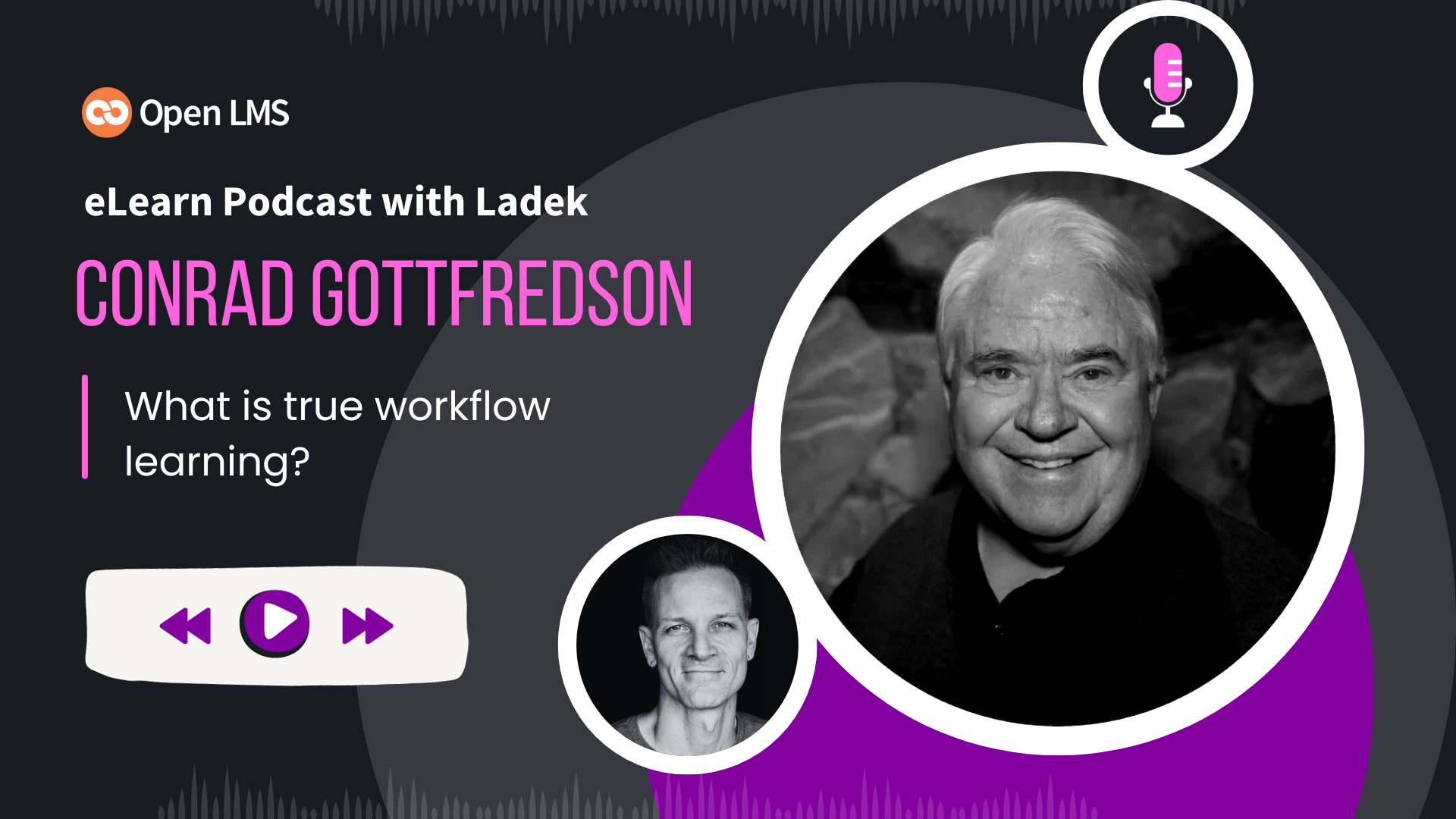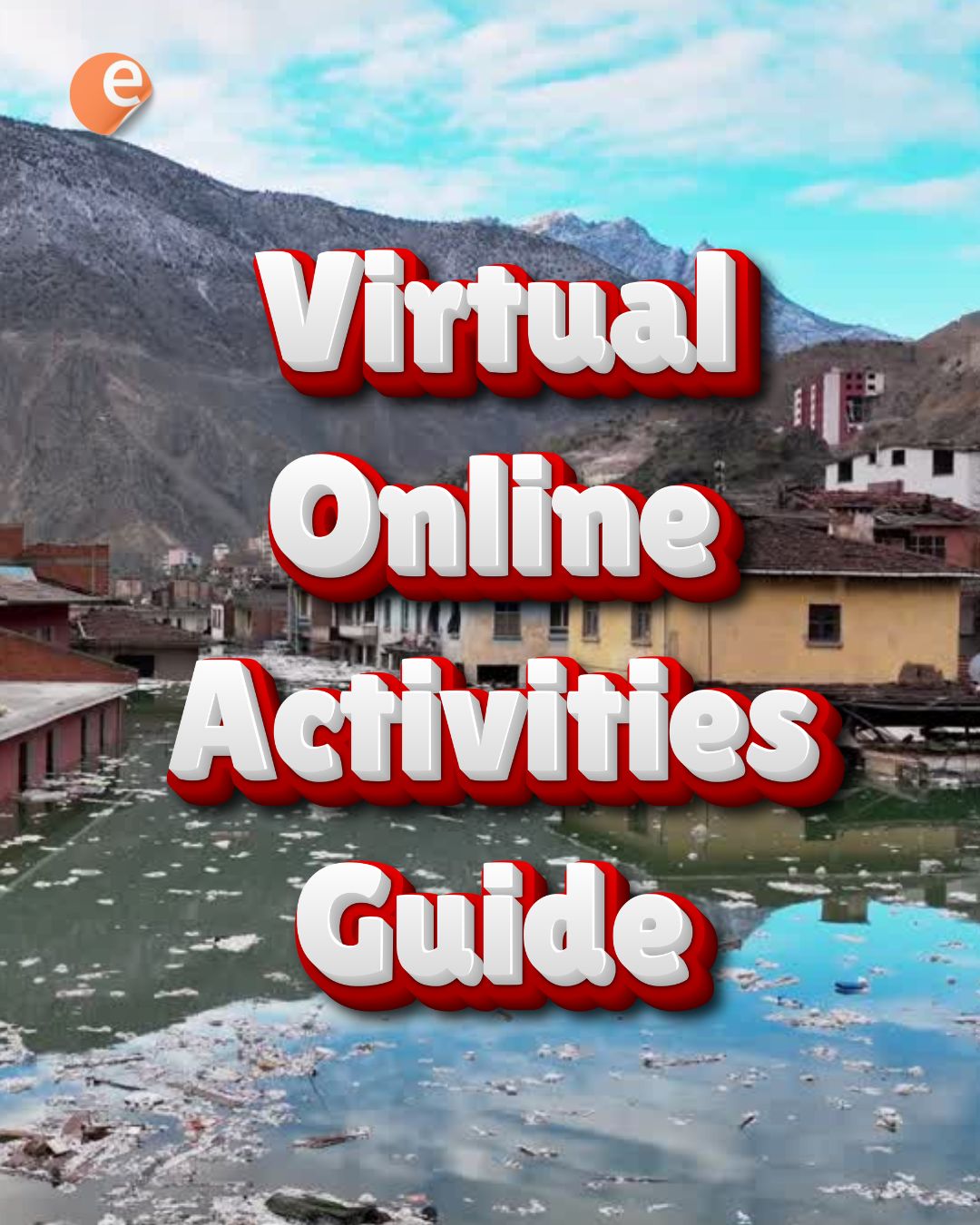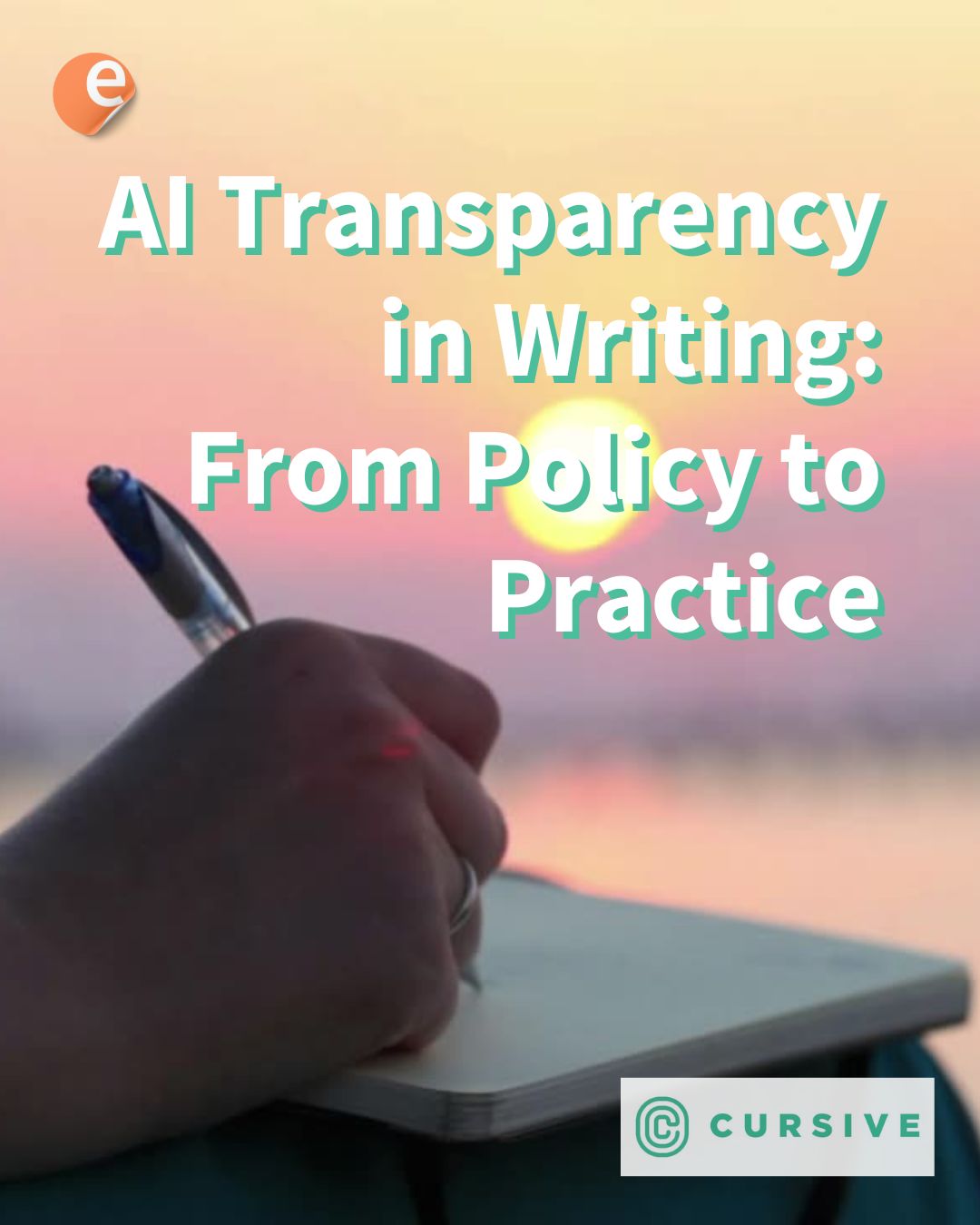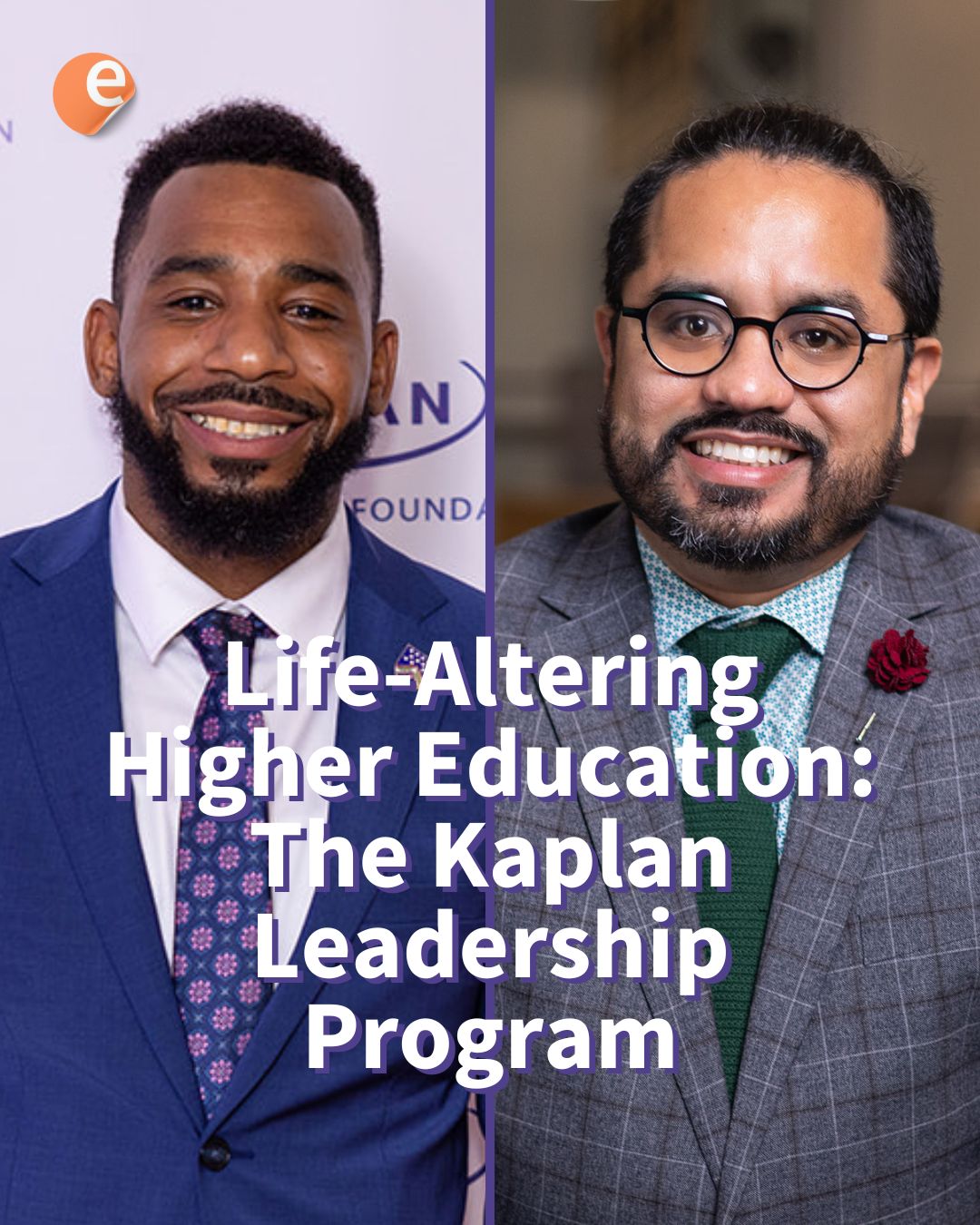Hello everyone! My name is Ladek and my guest for this episode is Dr. Conrad Gottfredson. Conrad is a founding partner and the Chief Learning Strategist at APPLY Synergies, an organization that specializes in helping learning professionals design, develop, maintain, and measure effective learning and performance support through the “5 Moments of Need” design methodology. His consulting firm specializes in helping learning organizations design, develop and measure effective learning and performance support strategies to meet those five moments learning is most needed.
In this ‘flowing’ conversation Conrad and I discuss
00:00 › Start
6:09 › Modern Learning—How Conrad defines workflow learning, and how to identify moments where staff are learning in the flow of work
17:31 › Performing—Conrad provides recommendations about first steps to shift training towards actual performance improvements and behavior change
22:20 › Virtual Mentorship Delivery—Conrad gives his insights about both virtual reality for simulations and mentorship as a methodology to deliver information
32:38 › Z Learning—Conrad discusses whether or not he sees workforce changing at all, especially around expectations by Gen Z
38:24 › Get ‘5tarted’—We end with Conrad’s advice about how to get started with workflow learning immediately.
Transcript
Click to expand\collapse
This is the eLearn podcast.
If you’re passionate about the future of learning, you’re in the right place.
The expert guests on this show provide insights into the latest strategies, practices,
and technologies for creating killer online learning outcomes.
My name’s Ladek, and I’m your host from OpenLMS.
The eLearn podcast is sponsored by eLearn Magazine,
your go -to resource for all things online learning.
Click -by -click how -to articles, the latest in edtech, spotlight on successful outcomes, and trends in the marketplace.
Subscribe today and never miss a post at elearnmagazine .
com and OpenLMS,
a company leveraging open source software to deliver effective, customized, and engaging learning experiences for schools, universities, companies, and government.
governments around the world since 2005.
Learn more at OpenLMS .
net.
Hi there, my name’s Ladek, and my guest for this episode is Dr.
Conrad Gottfredson.
Con is a founding partner and the chief learning strategist at the Five Moments of Need,
an organization that specializes in helping learning professionals design, develop, maintain, and measure effective learning and performance support through the Five Moments Design Method.
methodology.
Khan is also a founding partner and the chief learning strategist at Applied Synergies,
a strategic consulting firm that specializes in helping learning organizations design, develop, and measure effective learning and performance support strategies to meet the five moments of learning need.
In this flowing conversation, Khan and I discuss how he defines what is workflow learning and how do I identify moments where staff are learning in the flow of work.
Conrad then provides recommendations about first steps to shift training towards actual performance improvements and behavior change.
Next in our conversation, Conrad gives his insights about both virtual reality for simulations and mentorship as a methodology to deliver information.
We then have Conrad discuss whether or not he sees the workforce change.
at all, especially around expectations by different generations like Gen Z.
We end our conversation with Conrad’s advice about how to get started with workforce learning immediately.
And remember, we record this podcast live so that we can interact with you, the listeners, in real time.
So if you’d like to join the fun every week on LinkedIn, on Facebook, or YouTube, and now even X and Instagram as well,
just come over to eithermagazine .
com.
and subscribe.
Now, I give you Conrad Gottfredson.
Hello, everyone.
Welcome to the Elearn podcast.
My name is Ladek.
I’m here with Conrad Gottfredson.
How are you today, sir? I’m wonderful.
It’s great to be with you and to be able to talk about some of my favorite subjects.
Oh, no, I know this.
This is, I’m really excited for this conversation.
Before we get started, though, you know, we have guest on this podcast from around the world.
Where do we find you sitting today? – I am in my home office in Alpine,
Utah, just south of Salt Lake City.
– Ooh.
– Yeah.
– So, I’m in Middle of October.
– You have little granite mountains all around.
– Middle of October,
has snow already fallen? – No, not yet.
– Yeah.
So in the high country, we’ve had no fall.
I was in a up in the mountains the other day and ran into some snow,
but The leaves are just fallen falling from the trees a beautiful color here right now That’s great Um as I do for everybody who comes on the podcast if you wouldn’t mind could you take you know the next couple of minutes here?
And just if anybody, for the people who haven’t heard of you yet, could you just kind of introduce yourself and give us, you know, who you are and why you’re, you know, why you’re here in this, in this learning universe? Well,
I’m, I’m an old guy.
I’ve been at this work since 1984.
I completed, that’s when I completed my PhD at Brigham Young University in the graduate program of of instructional science,
the instructional psychology and technology, but it was a three -pronged graduate program looking at learning research, instructional research, learning theory,
all of that.
Secondly, evaluation measurement, and third, of course, is instructional design.
And so, And so that took me into the real world job in 1984, where I came face to face with the realities of organizational learning and realize that that’s very different from institutional learning,
you know, that that we see sometimes the academic world.
And so I’ve







